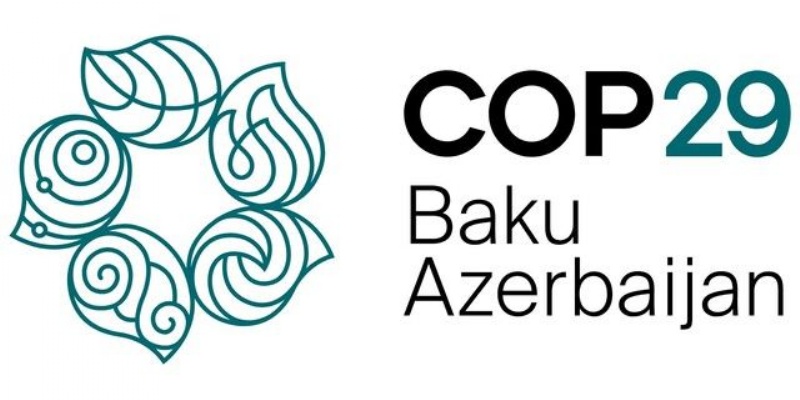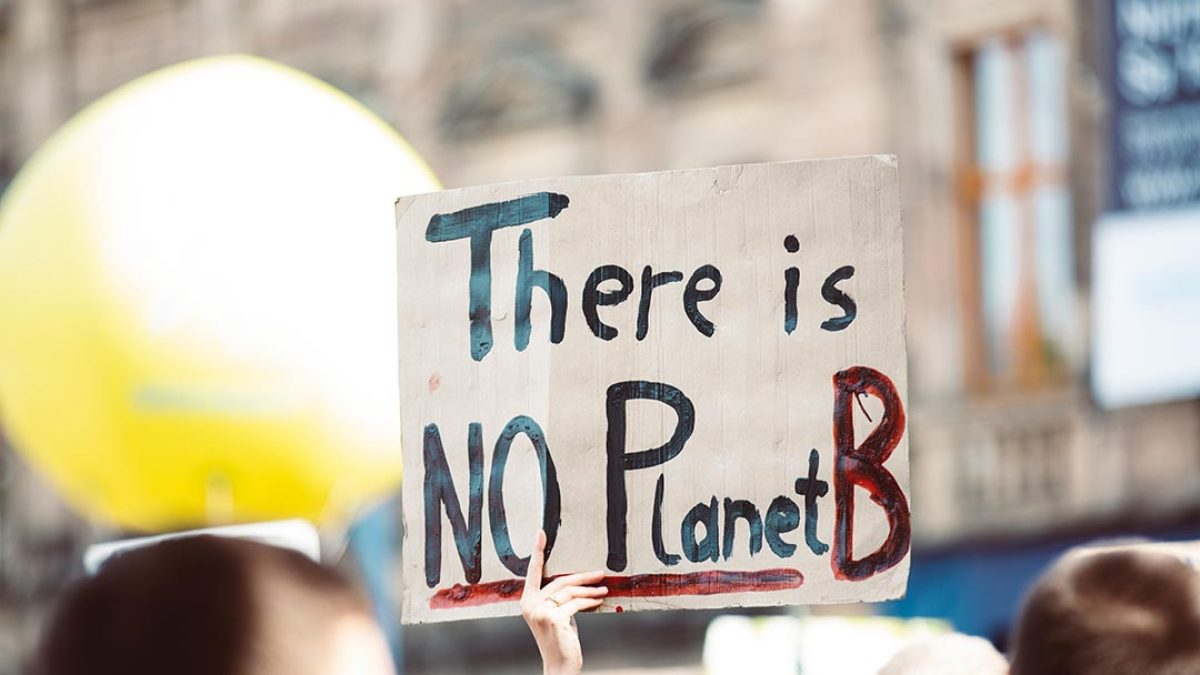COP29 ~ Baku, Azerbaijan

Geography in the media: COP 29
 Olivia Smith, one of the Geography Department’s prefects, has reviewed the outcomes of COP29. Read on to find out more about this globally important conference.
Olivia Smith, one of the Geography Department’s prefects, has reviewed the outcomes of COP29. Read on to find out more about this globally important conference.
What is COP 29?
COP 29 is a meeting attended by nearly 200 participating countries from around the world, to make an international agreement to prevent the planet from warming and set out a framework which acts as steps to reach their agreed goal. COP 29 is part of the COP summits, which have happened since 1995. In case you were wondering, why is it called COP 29? COP stands for the Conference Of the Parties, and 29 is the year they plan to complete their agreed goal. This year, COP 29 was held in Azerbaijan from the 11th of November to the 24th of November.
What was agreed?
The goal, as it was for COP26, was to reduce the planet's warming and not overshoot the limit of an additional 1.5 degrees Celsius. But the main topic discussed was climate financing, with a pledge made by developing nations to contribute at least $300 billion annually to support renewable energy sources, such as solar, tidal, wind, green hydrogen, and hydroelectric power.
What does the future hold?
I believe that investing in renewable energy sources will create a positive impact on the planet, since climate change doesn’t acknowledge borders, it is a global issue that affects everyone. Originally, it only impacted people living in LICs and NEEs, but as we have seen with the flash floods in eastern Spain, the impacts are occurring more frequently in several areas of the world. However, there is still more that needs to be done other than investing in renewable sources, because if we are still producing masses of carbon dioxide and methane into the atmosphere, then there will be no benefit to the investment and the planet overall. Moreover, I am interested to see how Donald Trump will impact the environment and the COP 29 agreement, since he is a firm believer that climate change doesn’t exist. He could potentially pull out of the COP summits, or he could reduce the US’ spending on the UN, further disregarding both the planet and foreign affairs.

In summary, COP 29 had a positive outcome, and I'm curious to see if world leaders will stick to the agreed-upon framework for the better of the planet. However, it is now done by both individuals and party leaders, since we could all do better to reduce climate change. For example, something as simple as turning off the lights when leaving a room, recycling properly, buying less plastic packaging and closing the door when the heating is on will all help the planet in some way.
Olivia Smith, Year 12HKP
